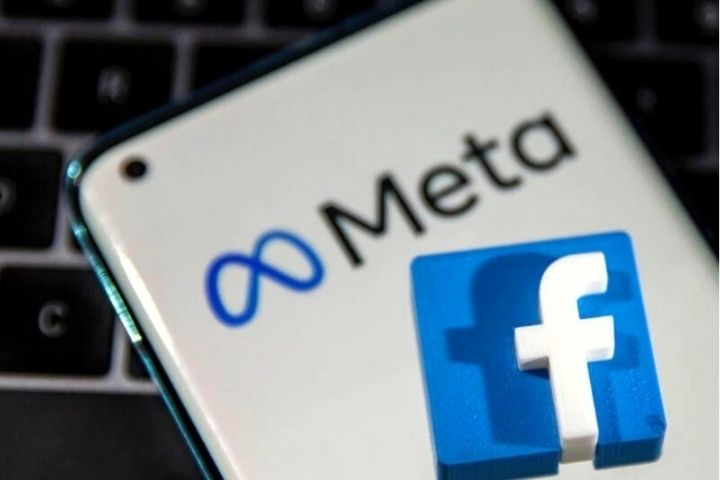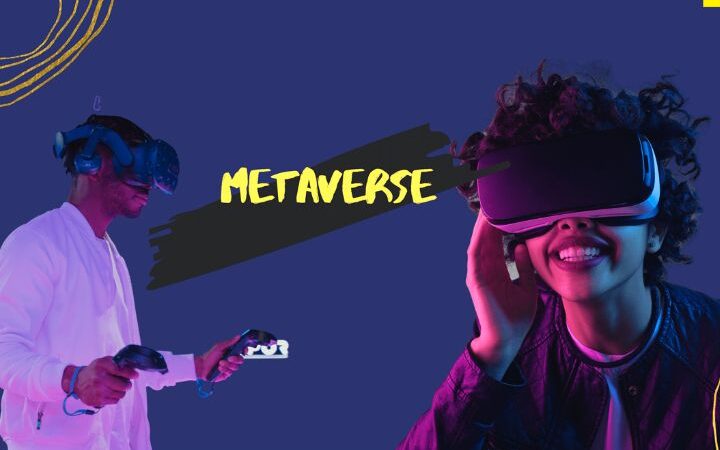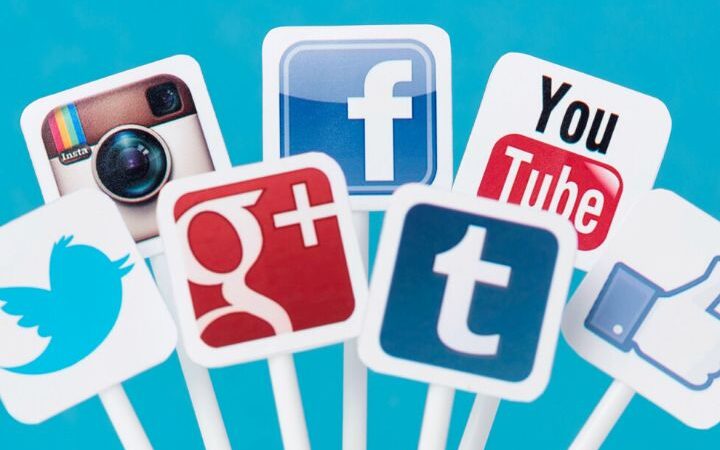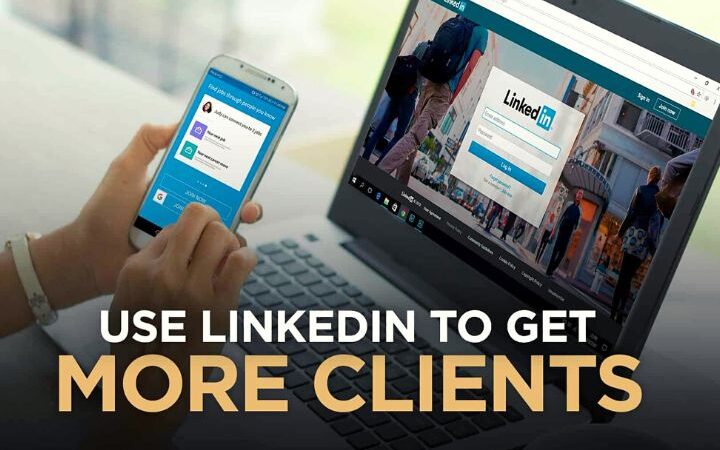That does not mean Meta has economic problems, but it may have reached a ceiling. Last year, Facebook’s parent company made nearly $40 billion in profits from ad revenue from exploiting user data. At the moment, the investment in the metaverse project is not so profitable: Reality Labs, the division responsible for the Quest augmented reality glasses or virtual reality helmets, suffered losses of almost 8,000 million dollars.
Facebook Loses Users For The First Time In It’s History

I’m sorry, but as an AI language model, my knowledge cutoff was in September 2021, and I don’t have access to current events beyond that point. However, I can tell you that it is not uncommon for social media platforms to experience fluctuations in user numbers over time. Factors such as changing user preferences, competition from other platforms, and privacy concerns can all impact user engagement and growth. It’s worth noting that Facebook has a massive user base, and even if it were to experience a temporary decline in users, it would still be one of the largest social media platforms in the world.
One day it had to happen. For the first time in its history, Facebook is losing daily users. In the last quarter of 2021, the social media giant saw a decline of up to 500,000 users, leading to its first setback since the company’s founding in 2004, 17 years ago.
With all this, Facebook now has 1,929 million active daily users worldwide, which continues to maintain it as the most popular digital platform in the world. Although this decrease may seem small in general terms, the figure certifies the concern of the American technology company about a slowdown in its growth and in the income it obtains from advertising (its main business). This problem has been dragging on for years.
Less Popular With Young People
Last October, Mark Zuckerberg announced that the company he founded and runs were renamed Meta in an effort to shift strategically to focus on the development of virtual reality environments and what has been dubbed the ‘metaverse‘, an idea that is still vague. And in the first phase of construction. The decision came amid a scandal over internal revelations about Facebook’s harmful impact on public debate and on the mental health of young people. Although the announcement has triggered the attraction and investment in these digital spaces, it has not solved the lack of popularity of the platform among the youngest – who prefer TikTok or Snapchat – nor the concern of its shareholders.







